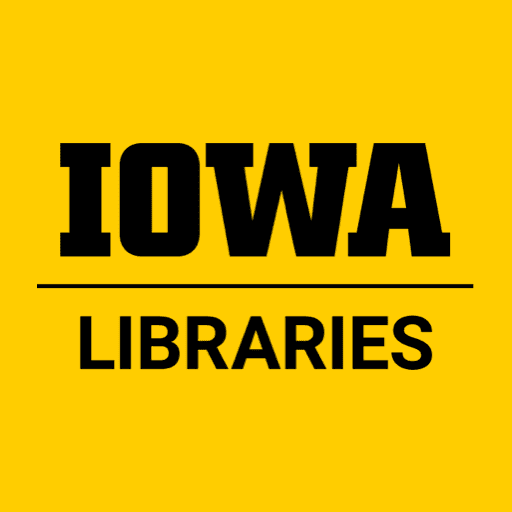International Open Access Week 2024 is here! This year’s theme is “Community over Commercialization” —and from Oct. 21 to 27, the Libraries is highlighting some of the many ways you can leverage community resources and support to make your work open access (OA) for free.
Welcome to day two of International Open Access (OA) Week 2024! The goal of this year’s celebration is to “prioritize approaches to open scholarship that serve the best interests of the public and academic community.”
When it comes to Open Access, conversations frequently revolve around journals and publishing, and those will be the subject of other posts. But today, I want to highlight another increasingly important subject: open access to research data.
If you want to share your data, there are an increasing number of sustainably managed and supported data repositories to choose from. NIH lists 147 domain repositories, and there are also a variety of repositories specific to science, social science, engineering, and other domains.
The Libraries’ Research Data Services offers several resources to enable data sharing and access. These include our institutional repository, Iowa Research Online (IRO), for data; curating data deposits in IRO; and resources and consultations on data management and sharing plans for grant proposals.
Data sharing can demonstrate a researcher’s commitment to transparency, reproducibility, and accelerating research. A Pew survey found that the public puts greater trust in research when the associated data is accessible.
Certainly, there are legitimate reasons to not share certain data or restrict access, e.g., to protect human research participants. Some repositories, especially those supported by the National Institutes of Health (NIH), are specifically designed for restricted access data. But in many cases, researchers, funders, and the public have a vested interest in access to preserved, well-described research data. Data sharing via repositories is increasingly emphasized by funders (see the 2023 NIH policy) and other stakeholders, including publishers and professional societies. This is because sustainably managed repositories preserve data integrity, make it discoverable and citable, and provide context and usage information.
In addition to repositories, academic communities, and research-funding institutions can work together in support of systems that enable open access to well-described research data. Groups such as the Coalition for Open Access Repositories, Research Data Alliance, nonprofit and governmental funding organizations, and professional societies and associations are working to develop and refine policies, standards, tools and incentives to facilitate reasonable data sharing.
These communities and partnerships have developed domain repositories, tools, methods, and best practices that enable data to be preserved, discoverable, and openly accessible. As noted above, the Libraries support and curate data deposits in our institutional repository, IRO, but we also help researchers identify an appropriate domain repository if that is a better fit. And the Libraries, in partnership with the Division of Sponsored Programs and ITS-Research Services are working together to encourage and enable researchers to take advantage of local and national resources for data sharing.
To learn how to make your data open, please contact Research Data Services for assistance.
